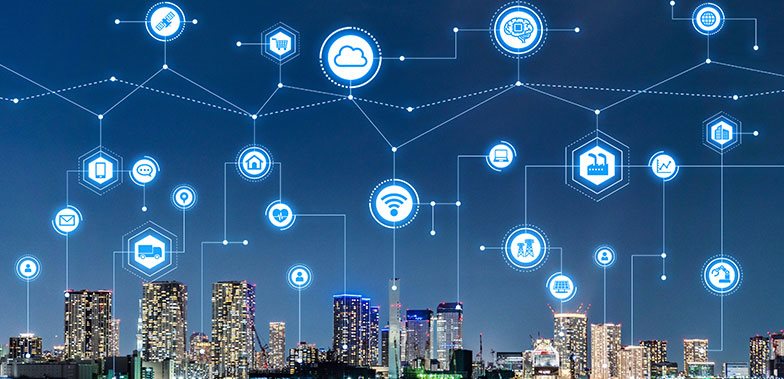The Future of Traffic Management Smart Cities and Autonomous Vehicles
Posted by Brad Jones on
The Future of Traffic Management: Smart Cities and Autonomous Vehicles
The future of traffic management is closely tied to the development of smart cities and the adoption of autonomous vehicles. With the rise of the Internet of Things (IoT) and the increasing use of sensors and data-driven technologies, cities are becoming more connected and better able to manage their traffic flow. Autonomous vehicles, which are able to sense their surroundings and make decisions without human input, are also expected to play a major role in the future of traffic management.
Smart cities use a range of technologies to collect and analyse data on traffic flow, road conditions, and other factors. This data can be used to optimize traffic routing and reduce congestion, as well as to improve safety and reduce emissions.
For example, sensors placed along roads can provide real-time information on traffic flow and road conditions, which can be used to direct vehicles to less congested routes.

Autonomous vehicles are also expected to have a significant impact on traffic management. Because these vehicles are able to sense their surroundings and make decisions without human input, they are able to communicate with each other and with traffic control systems.
This allows them to coordinate their movements and avoid collisions, which could lead to more efficient traffic flow and fewer accidents.

In the future, traffic management systems may be able to automatically control the flow of autonomous vehicles, directing them to the most efficient routes and reducing congestion.
This could have a major impact on cities, making them more liveable and reducing the time and cost of commuting.
Overall, the future of traffic management is closely tied to the development of smart cities and the adoption of autonomous vehicles.
By using data-driven technologies and advanced sensors, cities will be able to optimize traffic flow and reduce congestion, while autonomous vehicles will make it possible for traffic to flow more smoothly and safely.
